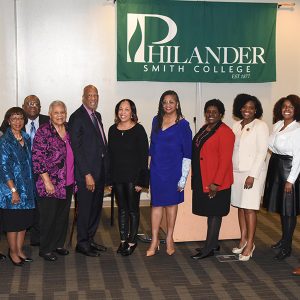 AABPP Members
AABPP Members
Entry Category: Psychology
 AABPP Members
AABPP Members
Act 911 of 1989
aka: Arkansas Conditional Release Program
Arkansas Association of Black Psychology Professionals
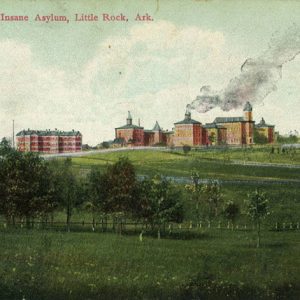 Arkansas Insane Asylum
Arkansas Insane Asylum
Arkansas State Hospital
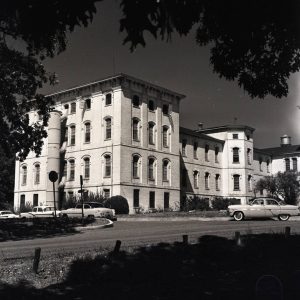 Arkansas State Hospital
Arkansas State Hospital
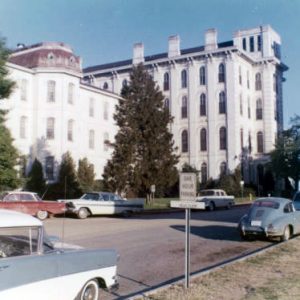 Arkansas State Hospital
Arkansas State Hospital
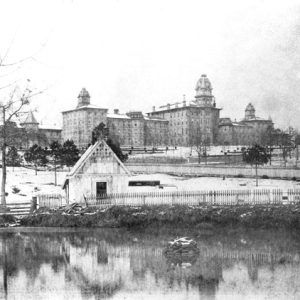 Arkansas State Hospital
Arkansas State Hospital
Bailey, Marian Breland
Breland, Keller Bramwell
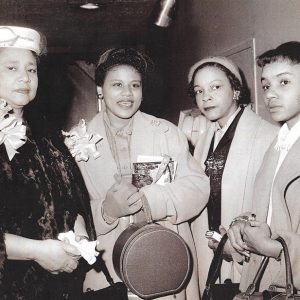 Minnijean Brown
Minnijean Brown
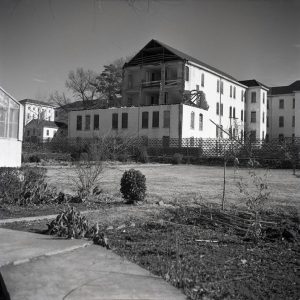 Building Demolition
Building Demolition
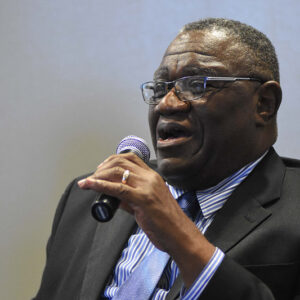 Robbie Bush
Robbie Bush
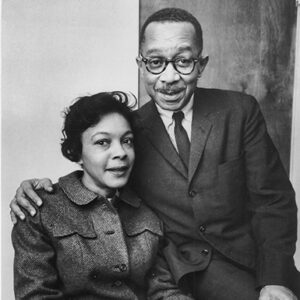 Mamie and Kenneth Clark
Mamie and Kenneth Clark
Clark, Mamie Katherine Phipps
Community Mental Health Centers
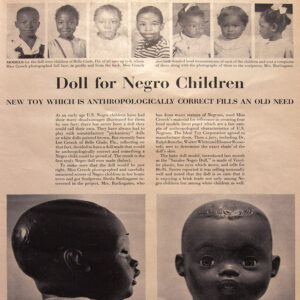 "Doll for Negro Children"
"Doll for Negro Children"
 Patricia L. Griffen
Patricia L. Griffen
Hall, William Sterling
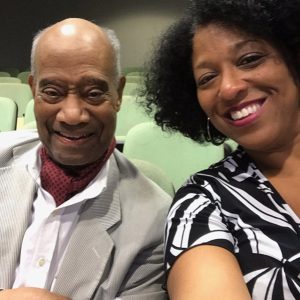 William Sterling Hall
William Sterling Hall
Kimbrough, Wilson Whitaker, Jr.
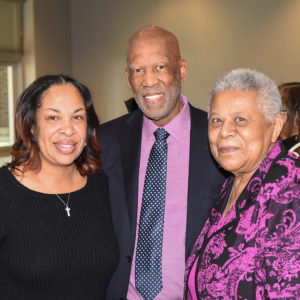 Mays, Roberts, Trickey
Mays, Roberts, Trickey
Mental Health Council of Arkansas
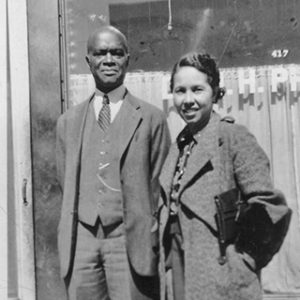 Harold and Kate Phipps
Harold and Kate Phipps
 Harriet Richard
Harriet Richard
Shannon, Robert Fudge
Sumner, Francis Cecil
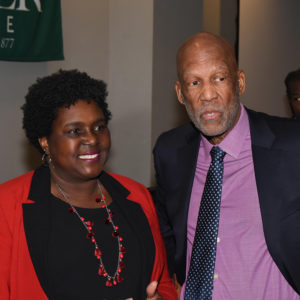 Terrence J. Roberts
Terrence J. Roberts
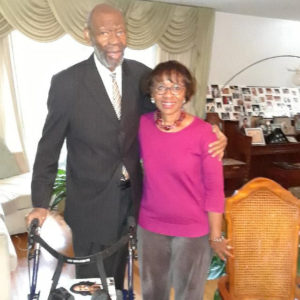 Williams and Griffen
Williams and Griffen




